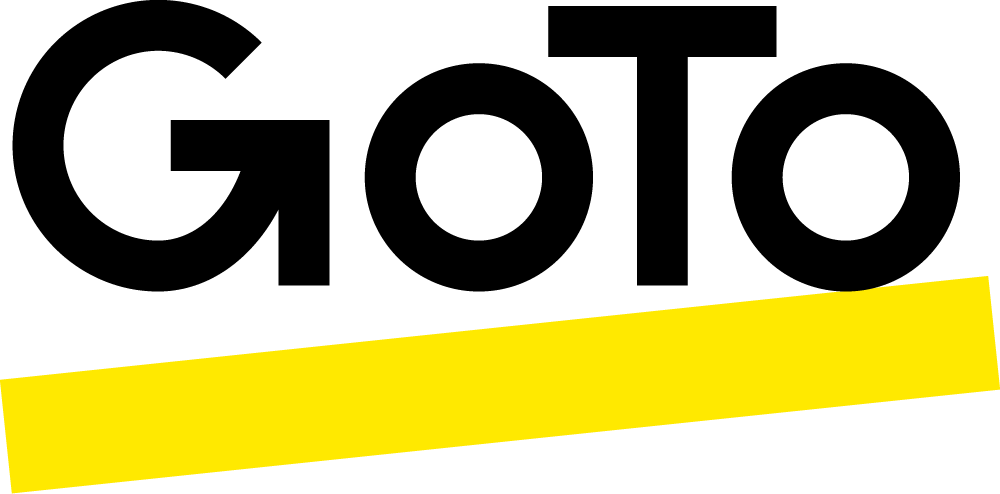Technology in 2018 is teeming with a wealth of acronyms. At the top of the list are SaaS, BYOD and Hosted VoIP—all of which are setting the benchmark for business communications in 2018.
If your company wants an understanding of each acronym and what they can do for your organization, then keep on reading. The following explains what each of these acronyms means, as well as how you can leverage them to bolster business growth.
SaaS—Why it matters
Software as a Service, typically referred to as SaaS, is generally defined as “a software distribution model where a third-party provider hosts applications and makes them available to customers through the Internet.”
Following this business model for key services allows businesses to access critical services and apps that improve profitability and streamline operations. SaaS-based services can be availed following a subscription model. Because everything runs on the cloud, there’s hardly ever a need to invest in expensive hardware. This minimizes the cost for small-to-medium enterprises, allowing them to simplify operations.
There are numerous types of SaaS based services that can serve various industries—from HR to marketing departments. Additionally, its full range of apps can provide a way for companies to centralize their documentation, manage financials, simplify operations, consistently communicate, and improve customer relations.
The rising adoption of SaaS can help solve a wide range of business challenges with convenience, giving companies better options to save time, money, and resources. It’s also a trend that’s likely to continue. According to Cisco’s Global Cloud Index, 59% of all cloud workflows will be delivered as SaaS by the end of 2018. In fact, today—80% of US end users prefer SaaS apps for communication and organization; a nearly 30% jump from where it was in 2016.
BYOD—An emerging workplace standard
Another trend that’s been gaining a lot of traction in the past year is Bring Your Own Device (BYOD). Offices today are embracing this new policy not only as a way to reduce overhead cost, but also to boost employee productivity and mobility.
As the name implies, it literally means employees bring their own devices to use in the workplace instead of the office having to issue a laptop, tablet, or smartphone. Recent statistics show that 59% of organizations now allow employees to use their personal devices for work purposes.
Offices with BYOD-friendly policies in place note how this system is able to boost productivity, morale, as well as accountability among team members. In fact, a CITO Research finds that over half of employees surveyed in their research feel more productive when they get to use their own devices, since they are more familiar with it; thus reducing the learning curve, and boosting usability.
For all its perks, however, companies leveraging on BYOD should also be aware of certain challenges. For example, personal devices can make it difficult to streamline communications. Different devices mean different apps for different purposes. A messenger app on one manager’s laptop may be different from the messenger app used by an employee. In addition, more personal devices in the office could also make your online office security more vulnerable to attacks. Looking into how you can protect office data is critical to the success of your BYOD policies.
Hosted VoIP
Hosted Voice over Internet Protocol (VoIP) is all about shifting traditional business communications from a legacy phone system to the cloud.
With Hosted VoIP, not only do you get the reliability of traditional landlines, but you also gain access to a whole collection of features that are necessary given the great demand for seamless connectivity and efficiency.
Hosted VoIP platforms are flexible, feature-rich, easy to implement, and cost-efficient. And companies, regardless of size, are opting to make the big switch from legacy phone systems in an effort to find a communication solution that fits all their needs.
In essence, SaaS and BYOD provide a lot of context for its growth. Hosted VoIP being offered as SaaS has made it more accessible for a lot of businesses. Trends such as BYOD, require the efficiency and reliability that Hosted VoIP can provide. That said, combining the functionalities of these three communication benchmarks have given companies powerful options that empower mobility and efficiency.
Technology is constantly evolving. SaaS, Hosted VoIP and BYOD are all complementary communication tools anchored on digital advancement. Knowing what each one can bring to the table and how you can leverage on their features can give your business key advantages in today’s fast-paced business environment.
If you would like to explore what Hosted VoIP solutions can do for your company, contact us at Jive today.






